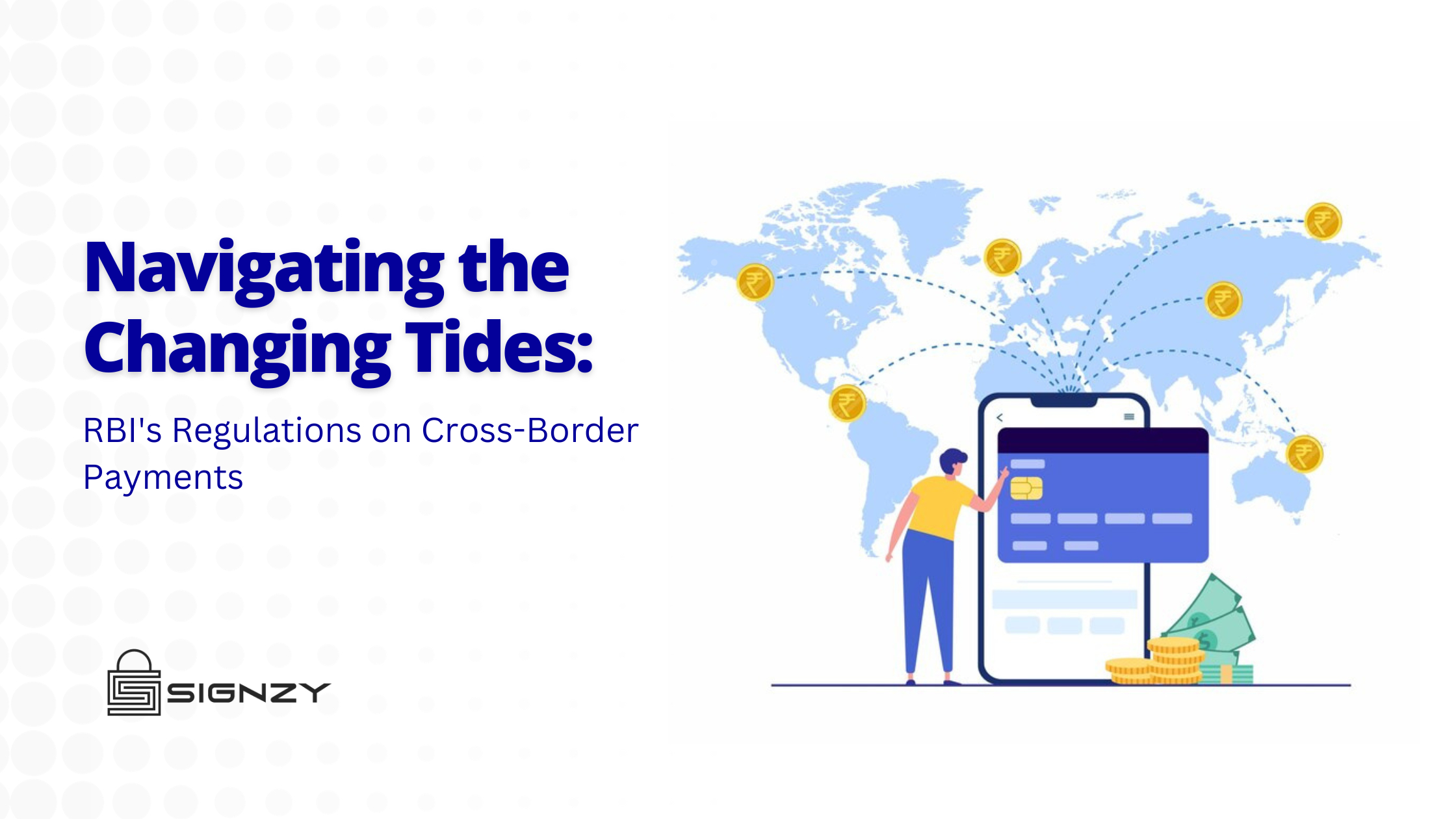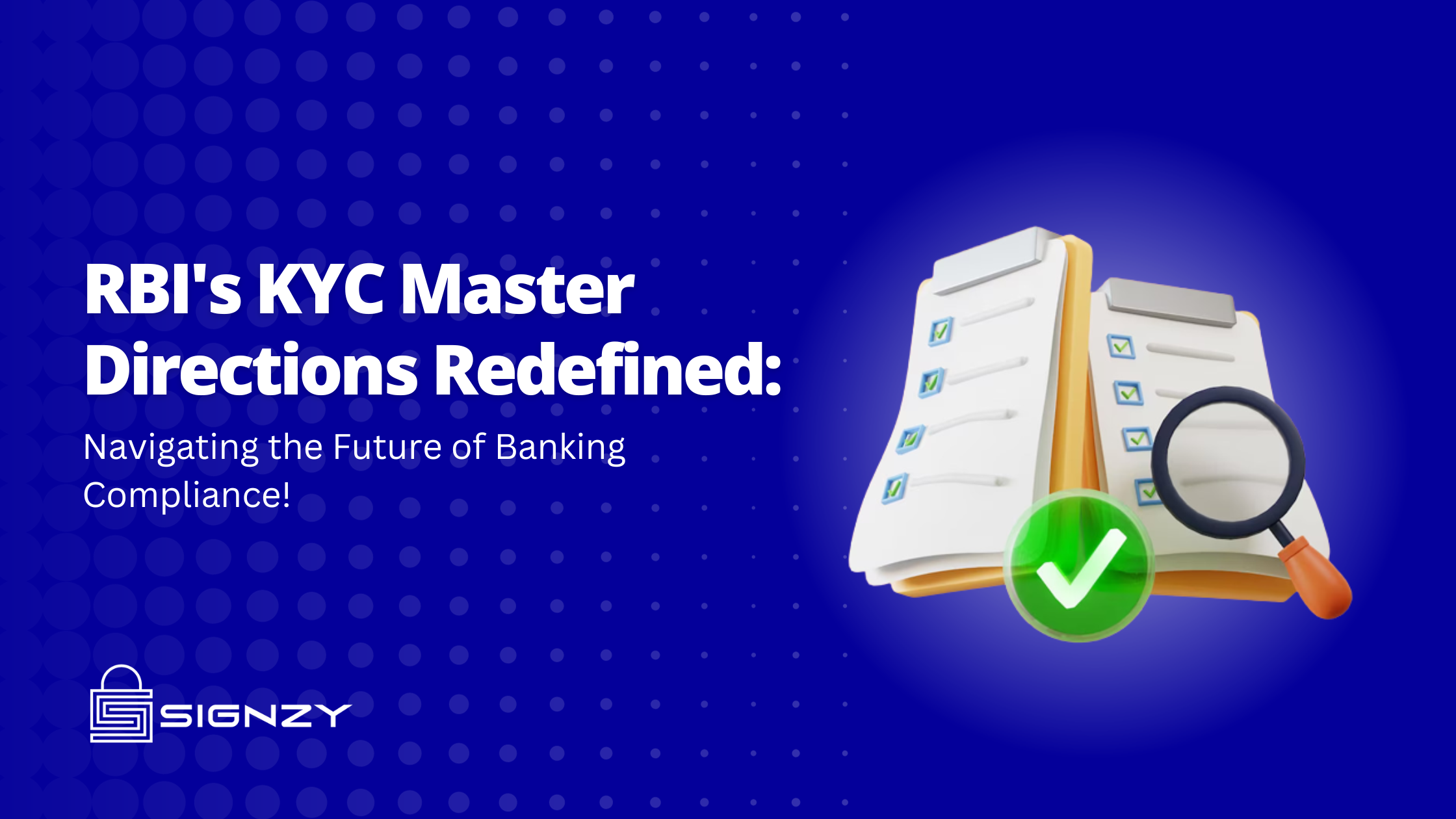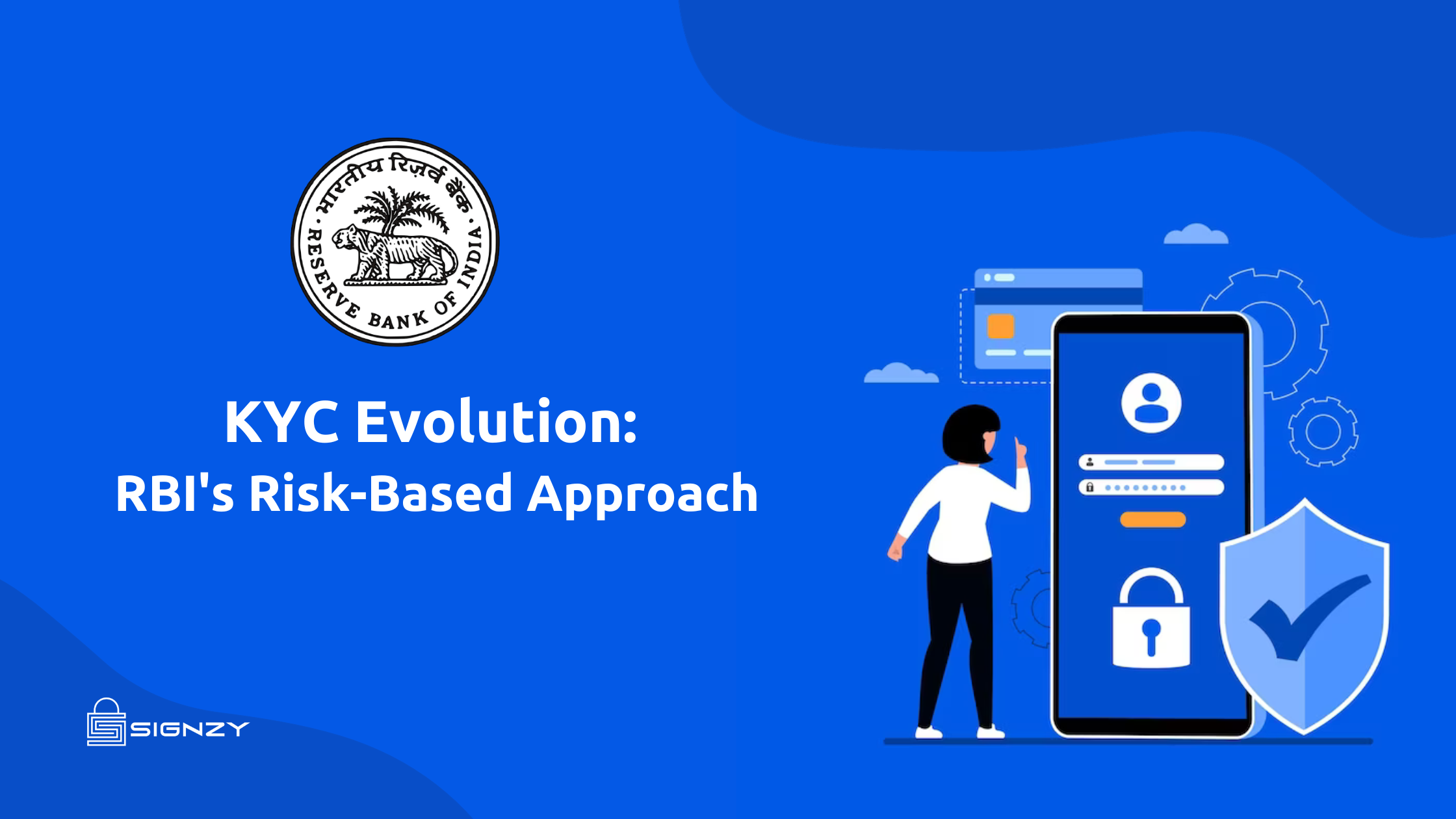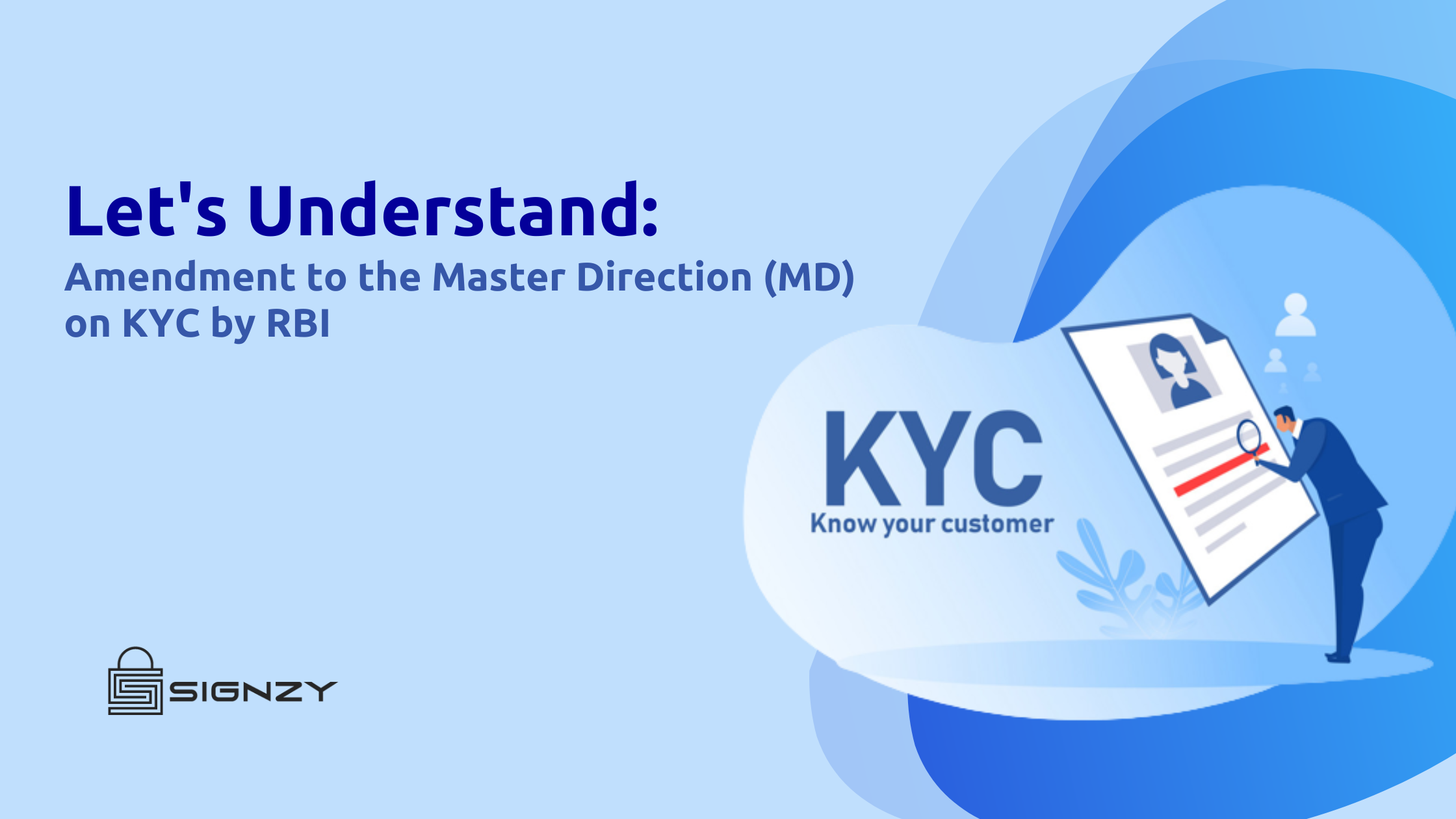In the dynamic realm of non-banking financial companies (NBFCs), the regulatory framework emerges as a cornerstone shaping the industry’s trajectory. At the forefront of this regulatory arena stands the Reserve Bank of India (RBI), assuming the role of a guardian for transparency and stability within the financial ecosystem.
Disclosure and Transparency: A Crucial Imperative
A critical challenge confronting NBFCs revolves around ensuring that customers are well-informed about the inherent risks associated with financial transactions. The regulatory emphasis remains steadfastly on disclosure and transparency, compelling industry players to contribute positively to this collective responsibility.
Digital Transformation: Catalysts and Challenges
The recent surge in digital transformation, notably accelerated during the pandemic, has given rise to a proliferation of smaller entities in the financial space. While this digital evolution fosters innovation and accessibility, it concurrently introduces challenges. The rapid pace of digital initiatives raises pertinent concerns about data protection and privacy, necessitating swift adaptation within regulatory bodies.
Tech-Forward Approach: Balancing Act in a Global Landscape
A mandatory shift towards a tech-forward approach marks a pivotal moment for NBFCs. The challenge lies in aligning with global trends while effectively addressing issues related to data privacy and potential fraud. The regulatory landscape mandates a delicate equilibrium between embracing innovation and enforcing stringent regulations to safeguard the interests of businesses and consumers alike.
Tiered Regulatory Approach: Navigating Varying Scrutiny
The tiered approach adopted by the RBI in regulations adds another layer of complexity. Challenges arise as entities navigate through varying levels of regulatory scrutiny. A recent mandate, such as the appointment of a Chief Compliance Officer for entities above a certain valuation, exemplifies the ongoing challenge of balancing growth with compliance, ensuring financial system stability and consumer protection.
Proactive Stance Amid Technological Evolution: A Continuing Challenge
Industry leaders commend the proactive stance of regulatory bodies, particularly the RBI, in the face of rapid technological evolution. However, the persistent challenge remains ensuring that regulations evolve at a pace commensurate with technological advancements, maintaining a fair and level playing field for all stakeholders.
Tripartite Challenges: Growth, Transparency, and Vigilance
The challenges confronting NBFCs are threefold: enabling growth, promoting transparency, and maintaining vigilance. Navigating through regulations that foster growth while ensuring transparency and adhering to a vigilant regulatory approach represents an ongoing challenge for the sector.
Interpreting Directives: Aligning Interests for Understanding
Another challenge surfaces in interpreting the spirit of regulatory guidelines to align organizational interests with those of customers. The emphasis here is on ensuring that regulations are not merely complied with but genuinely understood and effectively implemented.
Instilling Ethics: A Pervasive Challenge
A pervasive challenge lies in instilling ethics within organizations. This involves creating processes and utilizing technology and data in ways that foster a strong ethical culture, ensuring that business practices are not only compliant but also ethically sound.
Conclusion: Navigating Uncharted Waters with Commitment
In conclusion, the multifaceted challenges faced by NBFCs in the regulatory landscape necessitate a committed effort from both regulatory bodies and industry players. From ensuring customer awareness and data privacy to balancing growth with compliance, the sector navigates uncharted waters. The commitment to overcoming these challenges is pivotal for fostering a financial ecosystem that is not only robust but also ethical and transparent.
About Signzy
Signzy is a market-leading platform redefining the speed, accuracy, and experience of how financial institutions are onboarding customers and businesses – using the digital medium. The company’s award-winning no-code GO platform delivers seamless, end-to-end, and multi-channel onboarding journeys while offering customizable workflows. In addition, it gives these players access to an aggregated marketplace of 240+ bespoke APIs, easily added to any workflow with simple widgets.
Signzy is enabling ten million+ end customer and business onboarding every month at a success rate of 99% while reducing the speed to market from 6 months to 3-4 weeks. It works with over 240+ FIs globally, including the 4 largest banks in India, a Top 3 acquiring Bank in the US, and has a robust global partnership with Mastercard and Microsoft. The company’s product team is based out of Bengaluru and has a strong presence in Mumbai, New York, and Dubai.
Visit www.signzy.com for more information about us.
Contact us directly!







